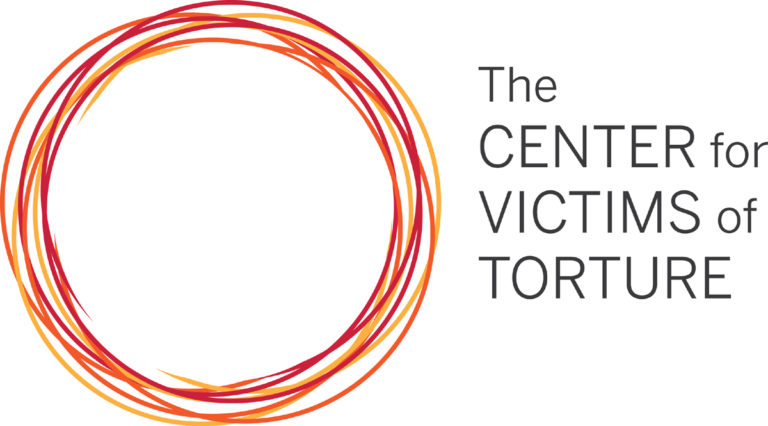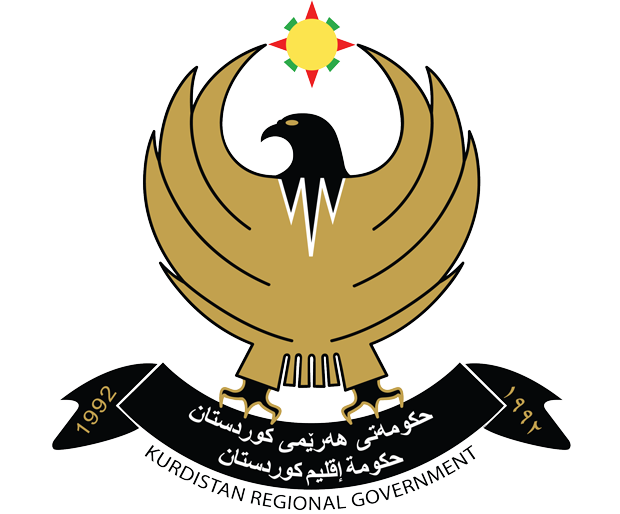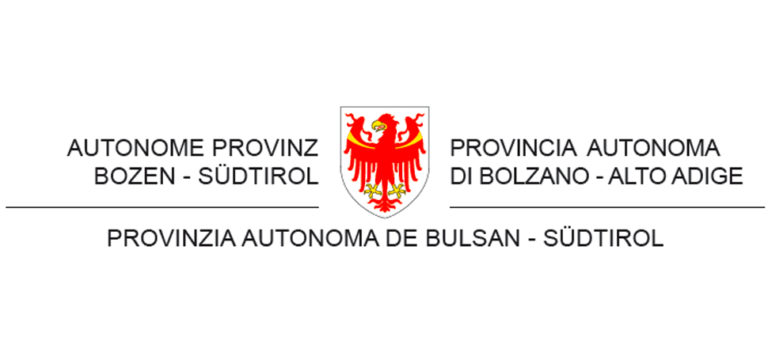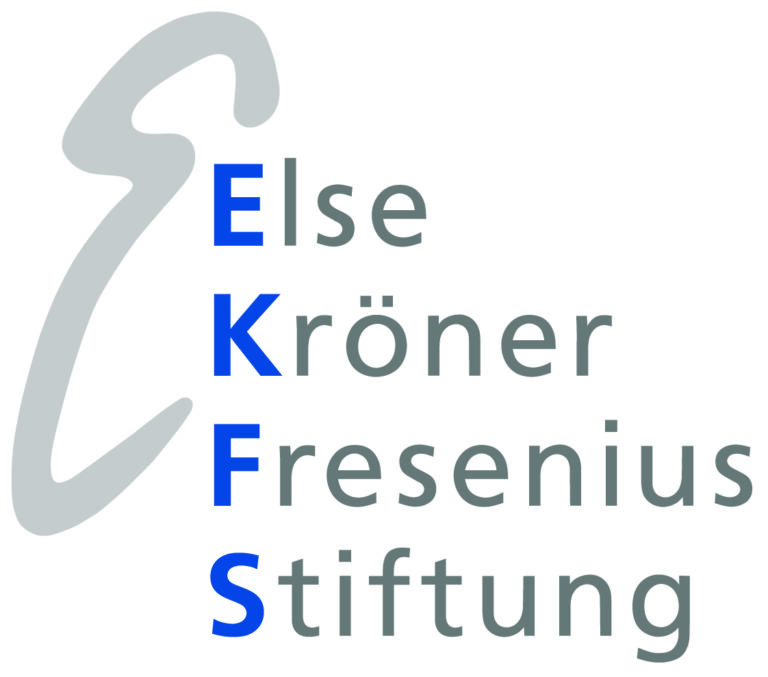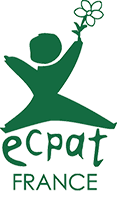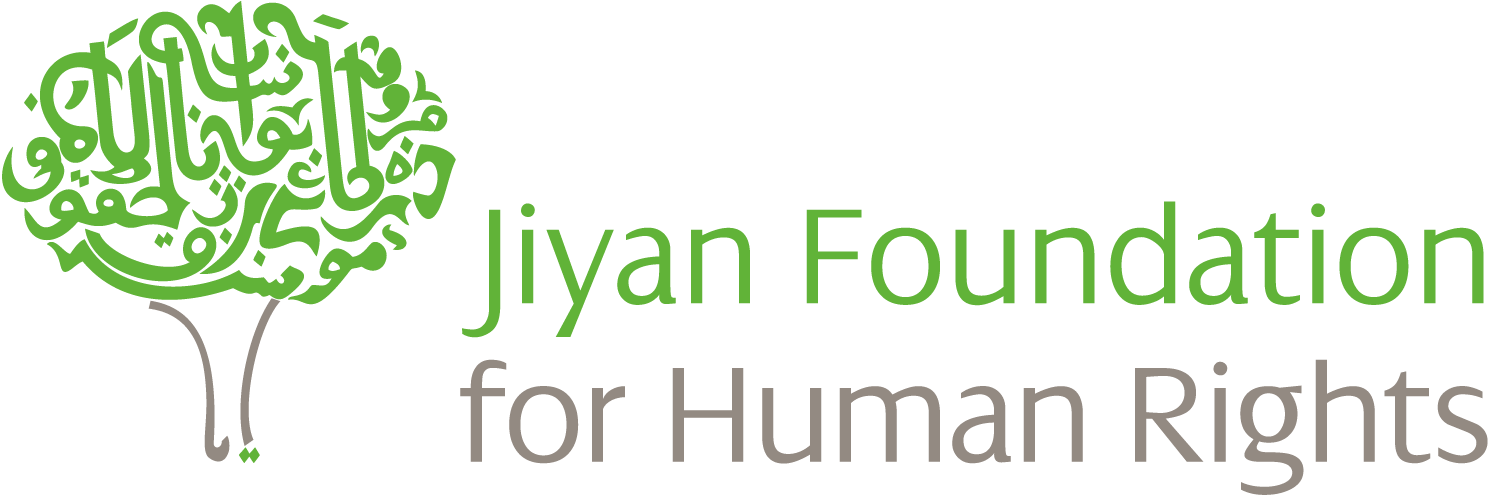Mental Health and Trauma Care Programs for Survivors of Terror, Torture and Human Rights Violations.
Thousands of women, men and children who survived the three-year ISIS occupation live without access to medical treatment. Many survivors suffer from Post-Traumatic Stress Disorder (PTSD), anxiety, depression or chronic pain. Additionally, there is urgent need for surgical interventions and sustained medical treatment. Since 2005 Jiyan Foundation has been working to destigmatize mental health treatment and provide life-saving services to survivors of terror, trauma and violence in the region – free of charge.
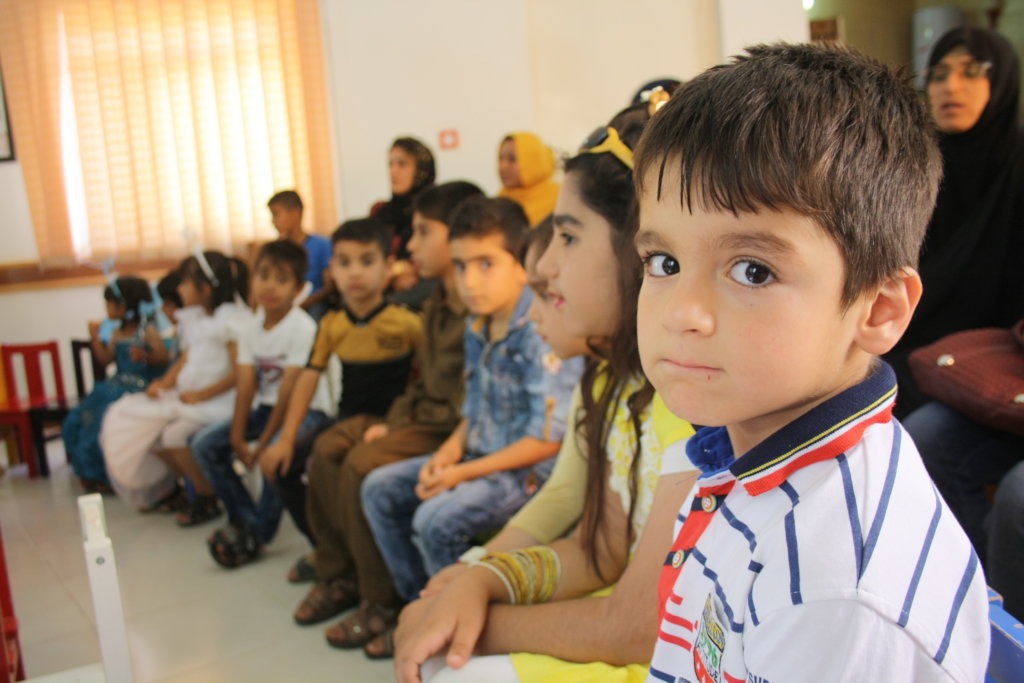
Surviving Saddam Hussein and ISIS – the Humanitarian Crisis in Iraq.
People throughout Kurdistan-Iraq and Iraq have suffered under the brutal regime of Saddam Hussein and then at the hands of ISIS. During the so-called Anfal operations of the 1980s, many people were tortured, lost their livelihoods, and continue to suffer from trauma associated with the violence. Since then, violence has persisted in the region and many women and children require specific mental health treatment in a safe place.
In July 2017, the Northern Iraqi city of Mosul was liberated after three-years of ISIS occupation. Thousands of women, children, and men cannot access proper medical and psychological care. Medicine is scarce, most utilities have been destroyed, and the few existing hospitals are ill-equipped. Many suffer from Post-Traumatic Stress Disorder (PTSD), anxiety, depression, and chronic pain while many others are in dire need of surgical interventions.
Destigmatizing mental health and treatment
Following the fall of the Saddam regime, Founder of Jiyan Foundation for Human Rights, Mr. Salah Ahmad returned to his native Iraq, where he opened the first treatment center for survivors of torture and war violence. During the following years, he used his many years of experience to establish the concept of psychotherapy and trauma treatment in the region.
Jiyan Foundation supports 9 treatment centers, a clinic for Yazidi women and families, a Healing Garden and mobile teams helping survivors in 11 refugee and IDP camps and nine regions throughout Kurdistan-Iraq, Iraq, & Syria. Since 2005 these programs have supported over 100,000 survivors of trauma, terror, domestic violence and human rights violations in the region.
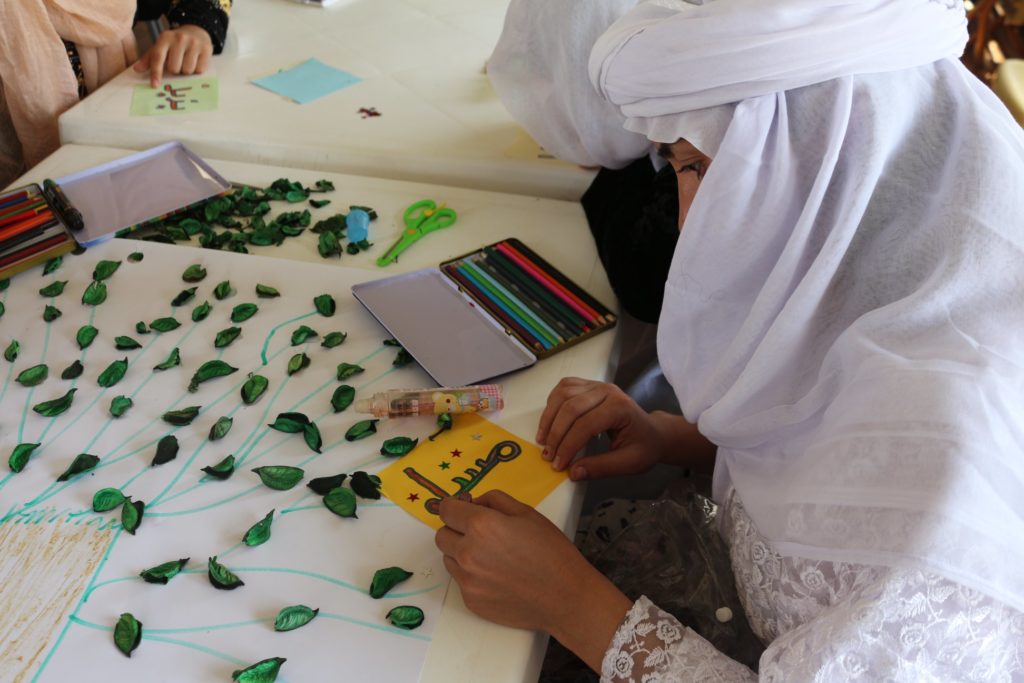
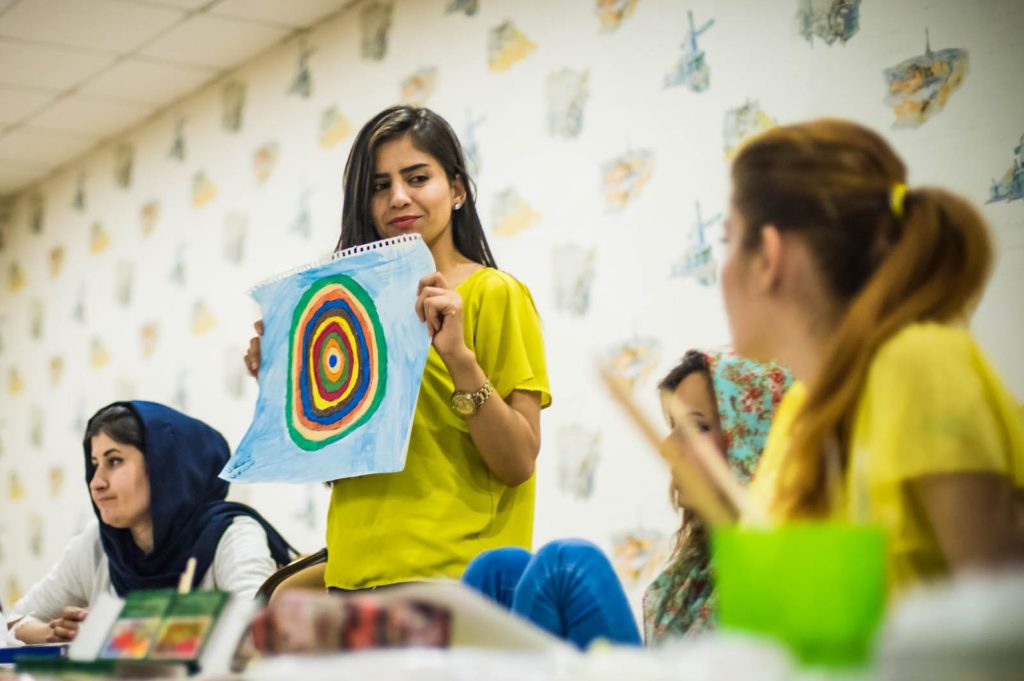
Long-term impact and a holistic approach to recovery
All of Jiyan Foundation’s services are provided free-of-charge and encompass a holistic approach to recovery. Special focus is placed on long-term care and patients are encouraged to promote Jiyan’s services among friends and their community.
Our teams works together with local stakeholders, government and international partners to ensure the longevity of our programs and provide ongoing care at no cost to our patients.
I Want to Learn More About Jiyan's Holistic Approach to Recovery
Meet Ma'ali
In a time when people don’t often express their gratitude for the good things that happen to them, I would like to extend my deepest gratitude to an organization that has had a profound and transformative effect on my life – Jiyan Foundation.
My name is Ma’ali. I am 39 years old, married and mother of four children. I was born and raised in the northern Iraqi city of Mosul all my life until the ISIS occupation of 2014 made it impossible to continue living in my home.
Before ISIS invaded Mosul, I had been suffering from a chronic disease (ulcerative colitis) for a few years. Throughout those years, I had learned to live with my illness, to manage it. After ISIS invaded Mosul our healthcare systems deteriorated, and the stress of everyday life caused a strong relapse of my disease.
During the ISIS occupation of Mosul, we used to wake up to a sky full of black crows that, to me, resembled the faces of those who had taken hold of my city. ISIS imposed an oppressive dress-code on the women in my city that showed nothing but blackness, as if they wanted us too, to turn into black crows. I refused to wear the Burqa and together with my family, decided to leave Mosul and seek medical help and a brighter future in Sulaymaniyah, a town in the northern Kurdish region of Iraq.
Soon after my arrival to Sulaymaniyah, I was referred to Jiyan Foundation from another NGO. On my first visit to Jiyan Foundation’s treatment center I was welcomed by their staff like a family member. I was offered a free medical examination, weekly medication for my chronic disease and then regular psychological treatment. Al at no cost to myself or my family. I noticed the positive effects of these treatments very quickly on my daily life. To have someone listen to my past experiences, someone I could truly trust and who did not judge me, gave me confidence and strength.
Between 2015 and 2018, I participated in many of Jiyan’s diverse treatment programs, I took single and group therapy sessions, learned about the transformative effects of art therapy and was constantly amazed at the quality of the staff at Jiyan Foundation. Those three years of treatment at the Jiyan center in Sulaymaniyah gave me back a positive attitude towards myself and an optimistic outlook on my future. The fear I had transformed into determination.
Ever since I finished my treatment at Jiyan, I have been a very outspoken supporter of their treatment centers. I still recommend Jiyan Foundation to my friends and want to continue bringing more people in to receive the same medical and psychotherapeutic healing that I have received there. The Jiyan Foundation is unique. It is unique not only because of its positive impact on the mental and physical health of their patients – it is unique in that it manages to overcome ethnic and religious boundaries that dominate everyday life in Iraq and Kurdistan.
Many other organizations throughout Iraq provide aspects of Jiyan’s work, only Jiyan Foundation offers treatment addressing psychological, physical, societal, and even the economic needs of their patients. The staff accompanies each patient in their path towards a self-reliant and self-sustaining future.
Now, three years after completing my treatment with Jiyan, I’ve began sharing the lessons I learned from Jiyan Foundation’s treatment. Without the medical and especially psychological care I received at the Jiyan center I would still be focusing on my past, the terrible experiences I had as a woman under ISIS occupation, and the pain of my chronic disease. I no longer fear the black crows in my dreams.
I hope you choose to support Jiyan Foundation to support the recovery of other mothers and families like me.
Best wishes,
Ma’ali
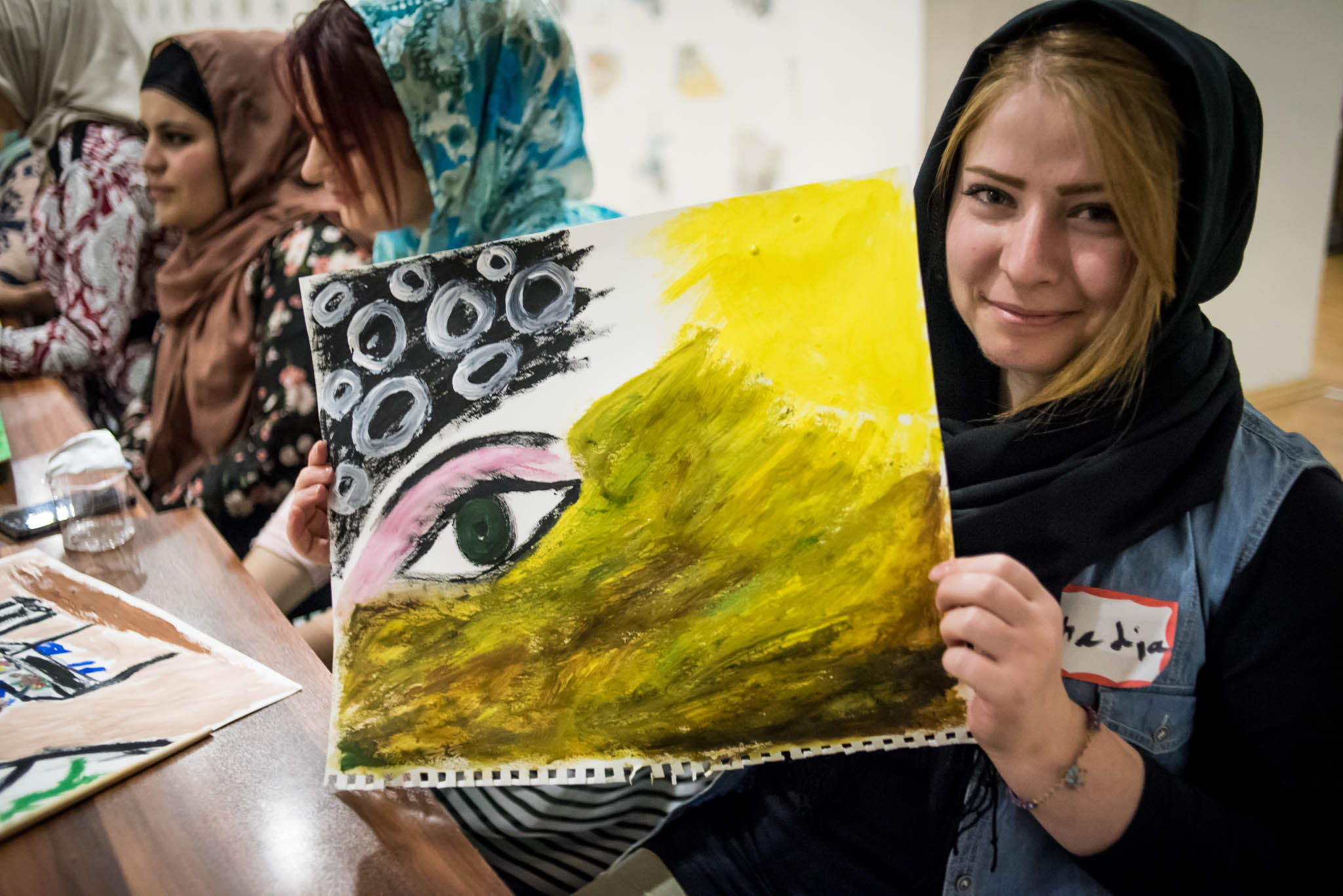
What is Art Therapy?
Self-exploration and self-expression are important parts of the artistic creative processes and can be well integrated into trauma therapy. Our therapists use artistic expressions to talk to their patients about particularly serious issues such as sexualized violence or the traumatic loss of relatives. By drawing on their own feelings, patients can overcome their speechlessness and take an active role in their recovery.
Art therapy is particularly appealing to children who like to take the opportunity to express themselves in creative ways. One example is of a boy who fled Syria. For weeks he didn’t speak and painted only black flowers, likely depicting his dark thoughts. Over several sessions, our staff encouraged him to use a broader color spectrum. Soon, he became livelier and began to speak, drawing new life. Painting, creating and playing gives children whom have experienced unimaginable trauma the chance to regain a piece of their lost childhood.
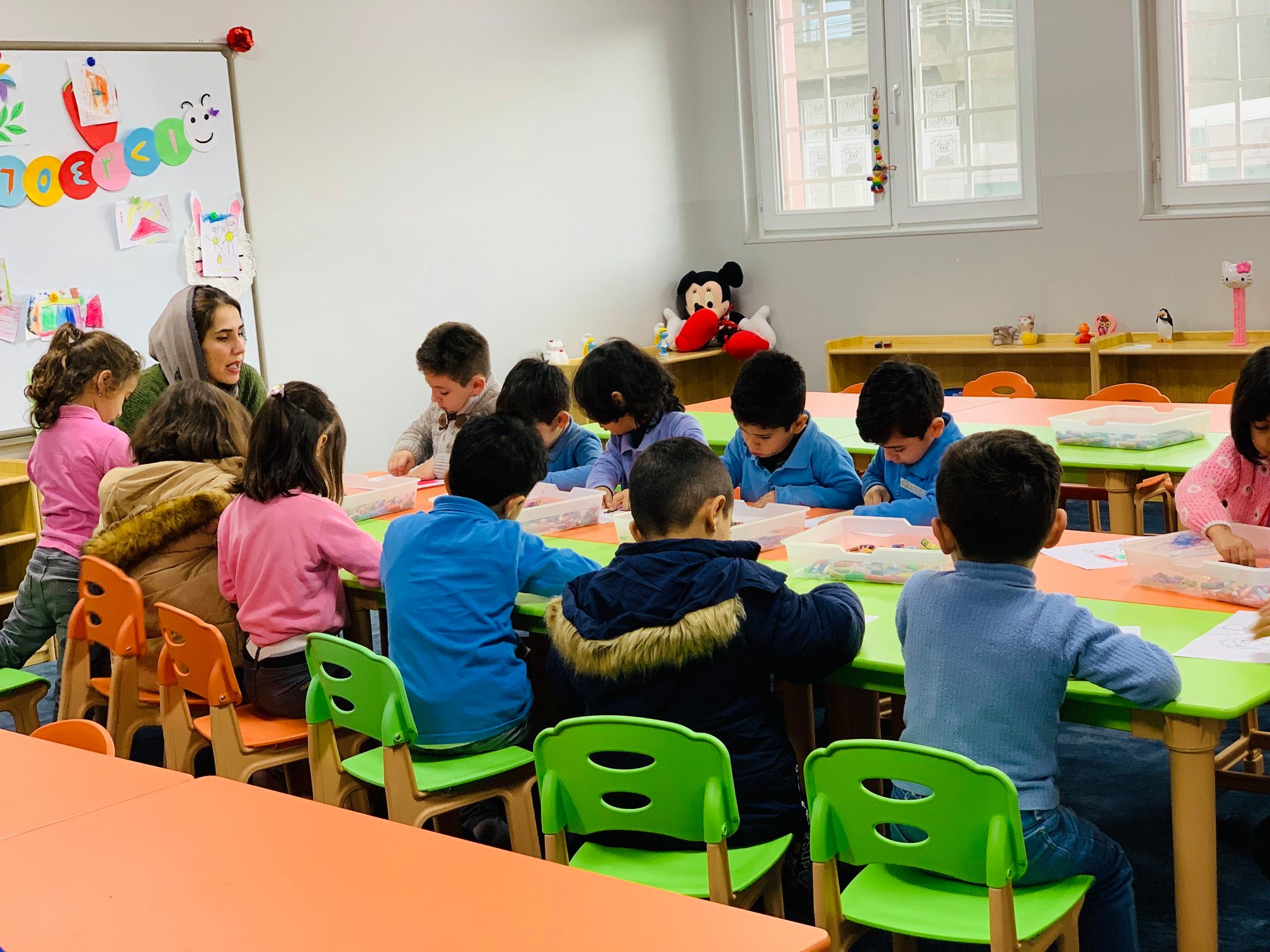
How is Psychotherapy Different for Children than Adults?
One big difference is that young children can’t express their suffering in words: they show us how they feel through their behavior. So we need to observe children to see how they behave, and that can tell us how they are feeling. Children who are struggling can become quiet and withdrawn, or they might avoid contact with other children. Others can’t control their aggression and shout or hit other children.
We have a play room with toys and musical instruments. We let the girls and boys play, and initially we might just observe them and give them time to develop trust in us. It’s important that they feel safe. When we talk to them, we always ask simple and open questions. This gives them space to open up, and they don’t feel pressured or judged. We also use art therapy and let children paint and draw. This shows us how they are feeling, and sometimes they will start talking as a result. It’s always up to the child to decide if he or she wants to talk or not.
It’s essential to involve the parents. It helps us understand the child’s past experiences and family environment. We also explain to the parents how therapy works, and what their children need. And we encourage them to examine and reflect on their own behavior.
Hope in Iraq and Syria
Following the fall of the Saddam regime in Iraq, the first ever treatment centre for survivors of torture and war violence was opened in 2005. The centre is called the Jiyan Foundation for Human Rights and on Friday I spoke with Salah Ahmad, the Founder.
Salah is child and family therapist from Iraq, who after experiencing flight and exile himself, has made it his mission to improve access to psychological assistance for victims of violence in Iraq and Syria.
Ever stop to think how people work through the pain of terror, torture and war? How accessible that type of support is? And what happens if people aren’t treated?
Learn about the significant challenges the region faces.
But also hear of Salah’s hope.
I was truly inspired and moved by the stories. No doubt you will be too. Have a listen here.
Our work is supported with funding by
